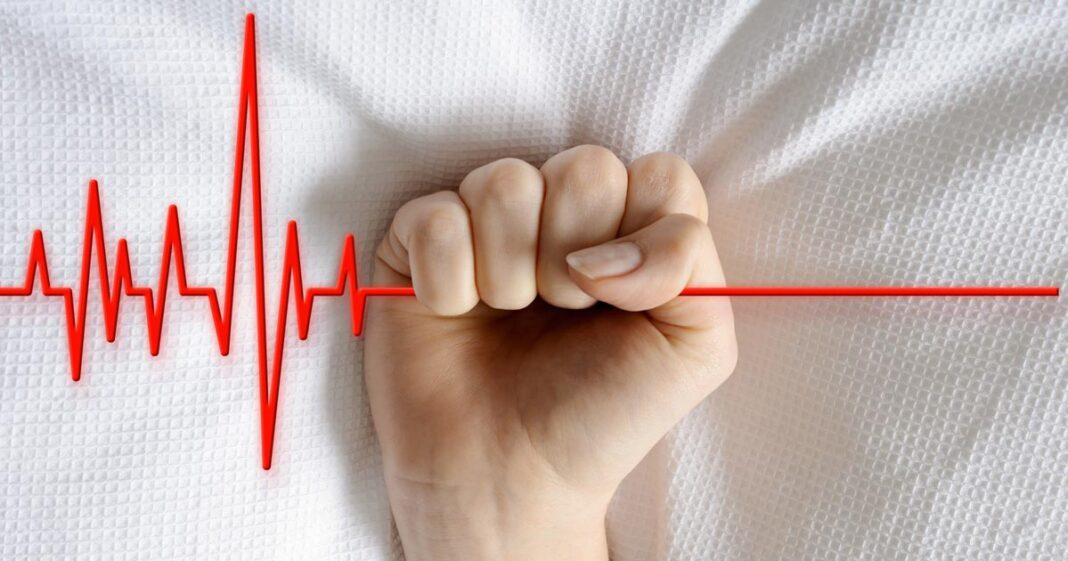By: Ammar Azhar
For me, life is the most beautiful gift of God to mankind, therefore people and nations who destroy life by abortion and euthanasia are the poorest. I do not say legal or illegal, but I think that no human hand should be raised to kill a life, since life is God’s life in us, even in an unborn child.
Mother Teressa

Euthanasia has its origin in Greece. The word means ‘God’s death’. There are certain dimensions to it. It is active or passive and voluntary (with the patient’s consent) or involuntary (with the consent of the patient’s family members, relatives, or guardian). Moreover, there is physician-assisted euthanasia in which the physician facilitates the patient’s death by providing information that enables the patient to end his life. Society expects health professionals to ‘cure’ whereas, the role of medical professionals is to take palliative care.
Practicing euthanasia contradicts the core purpose of the patient being admitted to the hospital which is to be taken palliative care. Further, legal, ethical, religious, economic, and social ramifications exist.
The issue of decriminalizing euthanasia or assisted euthanasia is widely debated in today’s world. Only five jurisdictions in the world have legalized euthanasia or physician-assisted euthanasia: The Netherlands, Luxembourg, Canada, Victoria (Australia), and Western Australia. However, in India, abetment of suicide and attempt to suicide are criminal offenses. Article 21 (Right to life) of the Indian Constitution does not include the ‘right to die’.
Hence, according to the Indian Penal Code (IPC), Sec 306 (Abetment of commission of suicide) violates Article 21 of the constitution. Therefore, Attempt to suicide (IPC Sec 309) and Abetment of suicide (IPC Sec 306) are two distinct offenses. A very strong concern is expressed that if euthanasia is legalized, a state may refuse to invest in health which is the ‘right to life’.
According to the study of psychology, a suicide attempt is a psychiatric emergency and is considered a desperate call for help. A person intending to end his life needs help instead of the punishment. These patients may be suffering from depression, schizophrenia, and substance use. Therefore, their mental status is to be assessed. These kinds of patients need effective therapy. This requires rehabilitative care from the health professionals.
Practicing euthanasia, be it of any dimension, is against ethics. Doctors, frustrated by a severely- ill patient may practice euthanasia if decriminalized which is against professional ethics. Religiously, the life and death of a person is God’s will, and no human should interfere in these matters. Also, there are risks of involuntary euthanasia. Family members or relatives may have mala fide intentions to inherit the property of the patient. Instead, palliative care provides deaths that are dignified for the patient as well as for the caregivers.
People in favor of euthanasia talk about scarce resources. They argue that it is better to practice euthanasia and end one’s suffering than wasting our scarce and valuable resources on a partially dead person. To counter this argument, I would say that the idea and the intention of a welfare state is to provide care when a cure is not possible at low-cost methods. Many of the doctors ask relatives or guardians to get the patient discharged from the hospital and wait for the death to come. Many do so. Some due to heavy expenditure on medical treatments and some due to the realization that the case of the patient is hopeless and people can only pray to God. This way the sanctity of life is preserved.
Keeping all that aside, even if euthanasia gets legalized, how are we going to keep it away from our children? What if a child gets severely ill? Many of us cannot endorse killing a child be it a ‘mercy killing’. Besides this, hope runs the world. If we kill the patients, we will never see miracles happen and we will never get to study cases and make medical advancements. The cure comes when one’s soul is nurtured. We just have to take care. This is what we are supposed to do as humans and health professionals.
The writer is a freelance columnist. He can be reached at [email protected]






